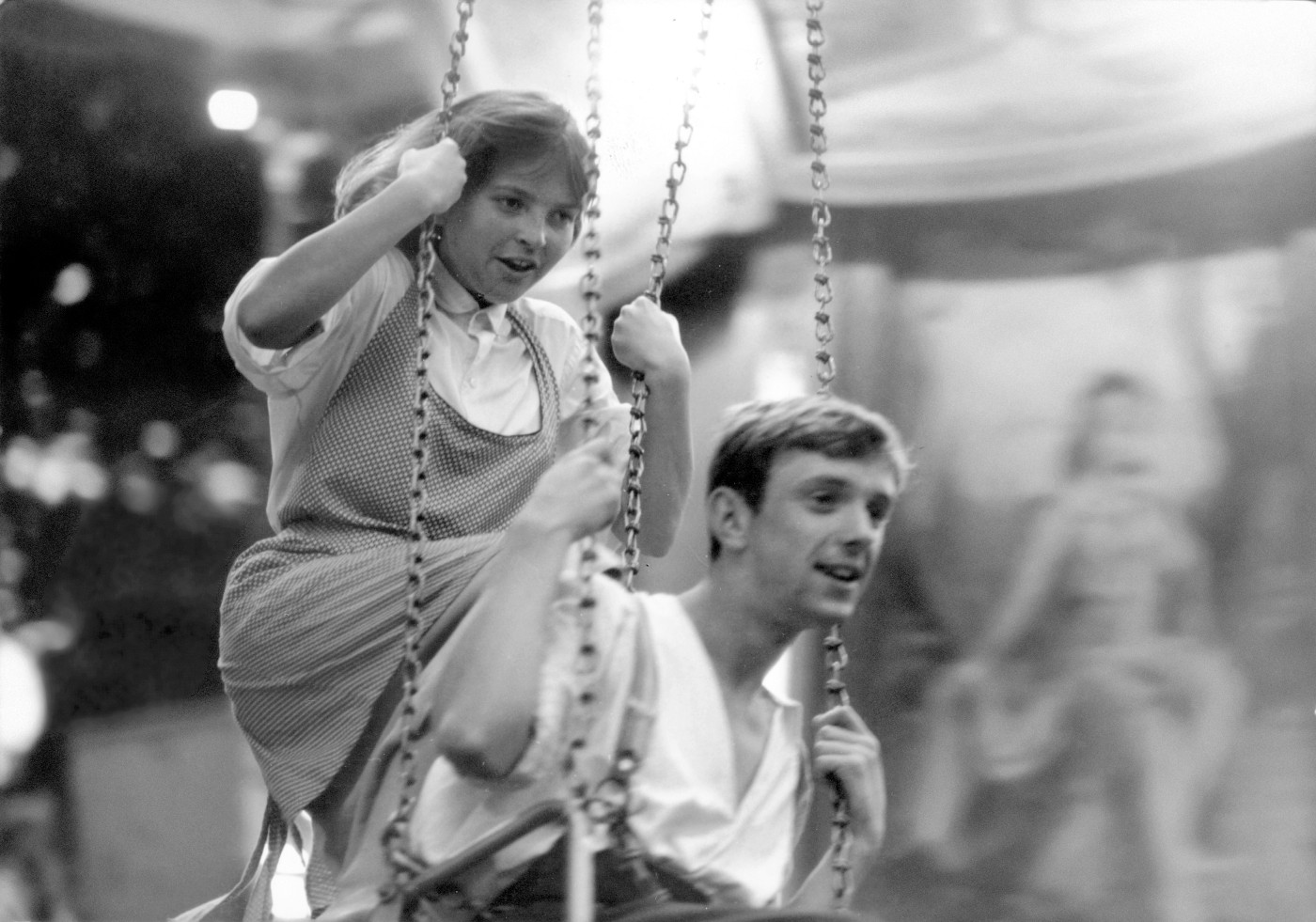
Seven Close Encounters 2016 / Romance pro křídlovku / Czechoslovakia 1966
Jan Hřebejk presents
The wistful call of the bugle rises above this lyrical story of first love, which takes hold over the course of a summer and ends with the death of the hero’s grandfather. A sense of anguish marks the boy's coming of age, a formative experience that viewers share as they are swept along by the force of Vávra’s poetic style.


“Romance for the Bugle is a world-class film which isn’t familiar to world audiences. I was born in 1967, when it received its premiere. It was made by Otakar Vávra, a mature director surrounded by young colleagues (cinematographer Andrej Barla and costume designer Ester Krumbachová), and it was certainly a match for the best works produced by his pupils – adherents of the Czechoslovak New Wave. It’s pure poetry in a like-minded adaptation of the epic poem by František Hrubín. When I saw the film for the first time, I decided to become a filmmaker.” – Jan Hřebejk. It’s something of a miracle to take black-and-white film and use it to create the warm colours and fragrances of summer – this is the season when young Vojta encounters both love and death in the same moment, both experiences marking him for life. A carefully chosen cast, a language of allusions akin to poetic metaphors, the sun beating down, balmy nights, an exhilarating ride on a swing carousel, and also moments spent in the cottage with grampa, who has his own persistent anxieties – all these are woven into the fabric of a story whose message continues to run deep.
Zdena Škapová
86 min / Black & white, 35 mm
Director Otakar Vávra
/ Screenplay František Hrubín, Otakar Vávra
/ Dir. of Photography Andrej Barla
/ Music Jiří Srnka
/ Editor Antonín Zelenka
/ Art Director Karel Škvor, Ester Krumbachová
/ Producer Jiří Pokorný
/ Production Filmové studio Barrandov
/ Cast Jaromír Hanzlík, Július Vašek, Zuzana Cigánová, Štefan Kvietik, Miriam Kantorková, Janusz Strachocki
/ Sales Národní filmový archiv

Otakar Vávra (1911–2011), director and teacher, a legend of Czech film, whose extensive oeuvre spread across five decades. He made a major impact with two features from 1937 (History of Philosophy and Virginity). These works already showed the characteristic traits of what was to come – a preference for high-grade literary models, well-constructed screenplays, a perfectionist’s approach to directing, and collaboration with leading names, often stage actors. He was chiefly disposed towards realistic dramas treating psychological and historical themes, and his films often conveyed his socio-critical and political awareness (Presentiment, Golden Queen, his Hussite trilogy, Witches’ Hammer, The Liberation of Prague). Vávra played a major role in film education, establishing a new concept for FAMU, where he taught a number of principal figures of the New Wave.
Národní filmový archiv
Závišova 5, 140 00, Praha 4
Czech Republic
E-mail: [email protected]

Tomáš Žůrek
Distributor, Sales Agent
First-hand brews throughout the year.
Be among the first to learn about upcoming events and other news. We only send the newsletter when we have something to say.